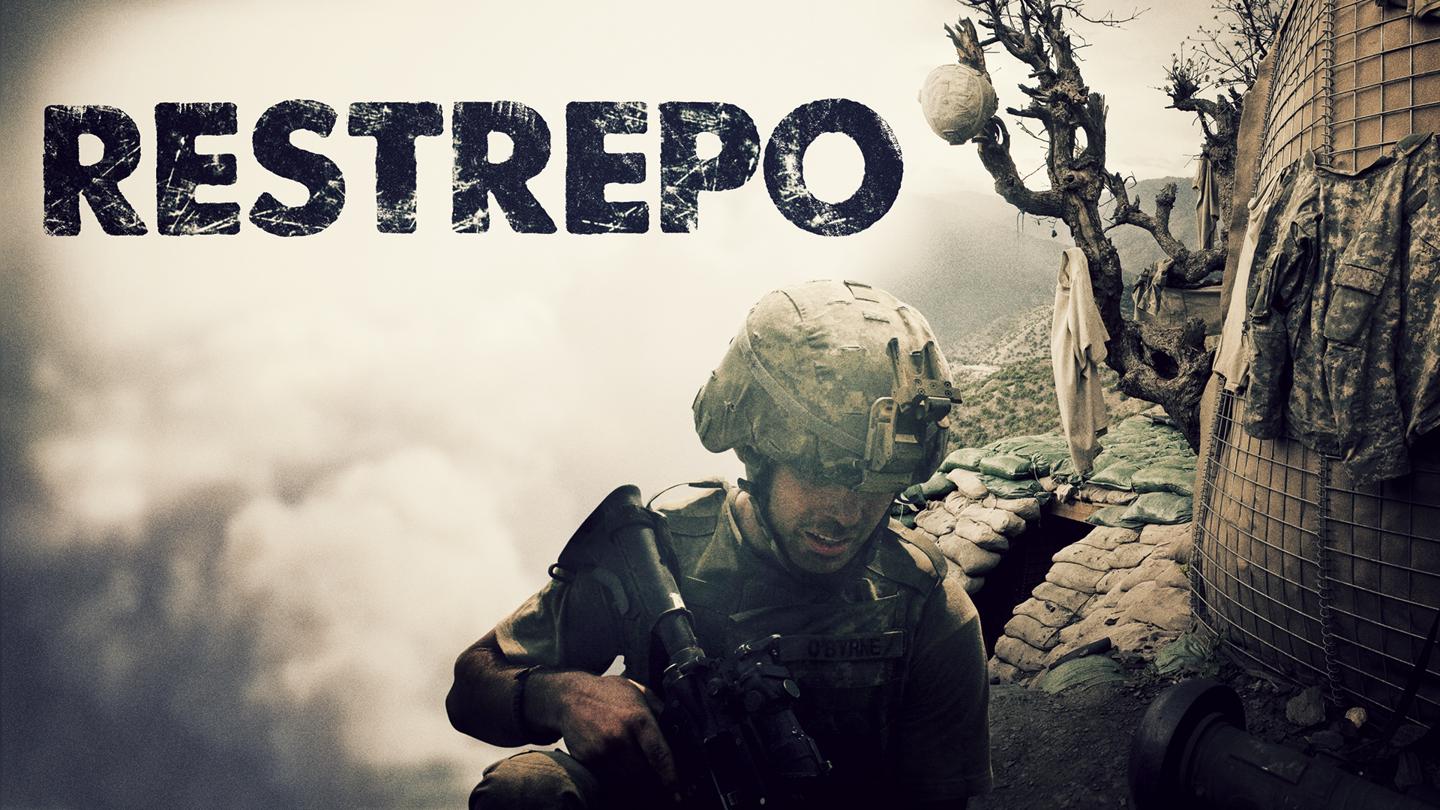
Quick Info
Restrepo is one of those war documentaries that sticks with you long after the credits roll. Directed by Sebastian Junger and Tim Hetherington, it drops you right into Afghanistan’s Korengal Valley alongside a platoon of U.S. soldiers in 2007-2008. The setup is as minimal as it gets: no voiceover, no talking heads, just raw handheld footage, shaky and immediate, with everything unfolding in real time. If you’re used to Hollywood’s glossy polish, this one will feel like a bucket of ice straight to the face.
The thing that grabbed me most is the sense of claustrophobia. The entire film is set at Outpost Restrepo, a barely fortified hilltop no one in their right mind would volunteer to defend. The camera work is frantic but never showy, and you get winded just from watching the soldiers run through trenches or scramble during firefights. Sometimes you’re waiting hours, sometimes nothing happens at all. That grind, that constant low-level anxiety, feels absolutely true to what I imagine combat might be.
As for the guys themselves, the film gets painfully close to them. You meet these young soldiers, see their bravado, their jokes, their stupid inside gags. Then you see them devastated, losing friends, and the cracks in their armor start to show. There’s a scene where one soldier talks about his dog back home; it’s not a big moment but it cuts deep, because you realize how young and out of their depth most of these guys are. The directors don’t need to spell anything out. The emotion is baked into every shaky frame.
What didn’t work so well for me? Sometimes, the “fly on the wall” approach gets almost too in-your-face. There’s not a lot of context for why these men are there or why this particular outpost matters so much. If you’re not familiar with the broader Afghanistan conflict already, you’re going to feel a little lost. On the other hand, maybe that’s the point: out on those hills, everything beyond the next moment seems abstract and far away. But still, a bit more narrative context might have given some sequences more punch.
The pacing is a slow burn, and I’d be lying if I said I didn’t feel restless in a few stretches. Unlike a traditional war film, there’s no triumphant arc, no sense of a clean story structure or “big mission” payoff. The tension ratchets up then fizzles out, just like it probably did for the soldiers themselves. This can feel frustrating, but by the end, I appreciated the honesty of it. Restrepo isn’t trying to entertain you; it wants you to sit in the mess of real war.
Tonally, the movie is bleak but never hopeless. The soldiers’ dark humor and camaraderie provides bursts of relief, but the overall vibe is heavy. There’s a tragic cycle to everything they do. One moment they’re celebrating, the next they’re grieving, and it just keeps going in loops. If you’re looking for a cathartic release or a hopeful message, look elsewhere. This film is about the wear and tear on real people, not about winning or losing.
Cinematography deserves its own mention. Even though it’s “just” documentary footage, every shot feels loaded. The landscapes are both beautiful and hostile, the camera often catching little moments—mud on boots, nervous hands gripping rifles, silent faces staring into space. The auditory landscape is chaotic: sudden gunfire, the rustle of sandbags, the buzzing of flies. You can practically smell the sweat and fear.
At the end of the day, Restrepo is war stripped bare. No dramatic soundtrack, no grandstanding politicians, just humans surviving day by day, doing a job that sometimes seems pointless even to them. It’s not perfect, and sometimes it’s overwhelming or confusing, but it’s one of the most honest war films I’ve ever seen. If you’re the type who wants answers or resolution, you’re not going to find it here. But if you want an unfiltered glimpse into modern combat, Restrepo is worth the watch.
The R8 Take
Restrepo leaves a mark—raw, unsettling and hard to shake off. If you thought Black Hawk Down was intense but want something more real and stripped-down, this is your film.

